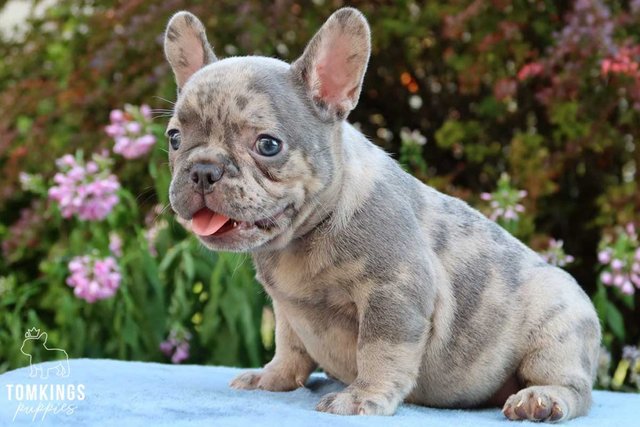
French Bulldogs are a popular breed of dog that brings joy to many households. They are known for their unique facial features and compact bodies, making them a sought-after companion. But how long do French Bulldogs live? This article provides an overview of the lifespan of Frenchies so that pet owners can be better informed when making decisions about their furry friends.
French Bulldog Lifespan
A healthy diet, regular exercise, and frequent veterinary checkups are the key components to maintaining the lifespan of your French Bulldog. Generally speaking, a well-cared-for Frenchie can live up to 10-14 years on average. As with any breed though, there can be exceptions due to genetics or medical conditions. To get an accurate assessment of your pup's expected lifespan, it is best to consult with a veterinarian who will be able to provide personalized advice based on your particular dog's health and lifestyle needs.
Diet & Exercise
As you know French Bulldogs are one of the most beloved and popular breeds due to their goofy personalities and charming looks. Although they are undeniably adorable, pet owners must be aware that French Bulldogs have a relatively short lifespan compared to other breeds. This guide will discuss how long these lovable dogs typically live and how diet and exercise can extend their life expectancy.
Due to the fact that French Bulldogs are brachycephalic meaning they have shorter snouts than other breeds they often suffer from respiratory problems as well as joint issues due to their disproportionately large heads and small legs. This is why it is important for Frenchie owners to provide balanced nutrition with high protein content along with regular exercise in order to promote overall health.
Vet Visits and Vaccines
Vet visits and vaccines are an important part of keeping a French Bulldog healthy. Regular vet check-ups are necessary in order to assess overall health, keep up with vaccinations, detect any potential illnesses or parasites, and spot potential problems early on.
Vaccinations
Vaccinations should be given as per the recommendations of your veterinarian, as this will help protect your dog from infectious diseases like distemper, parvovirus, hepatitis, rabies, and more. Additionally, regular flea and worm treatments should also be performed in order to keep your pup parasite free.